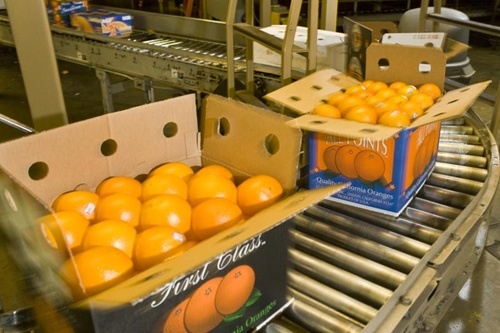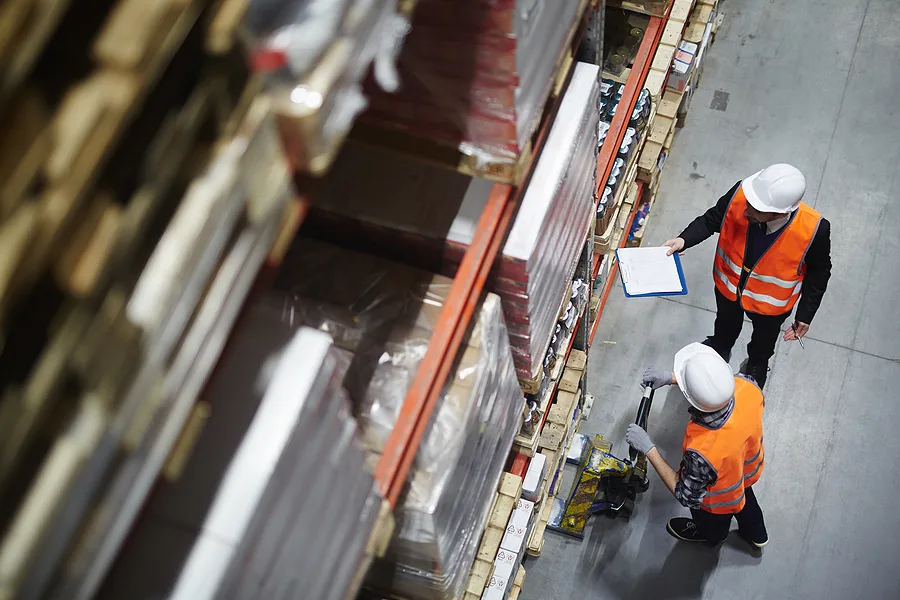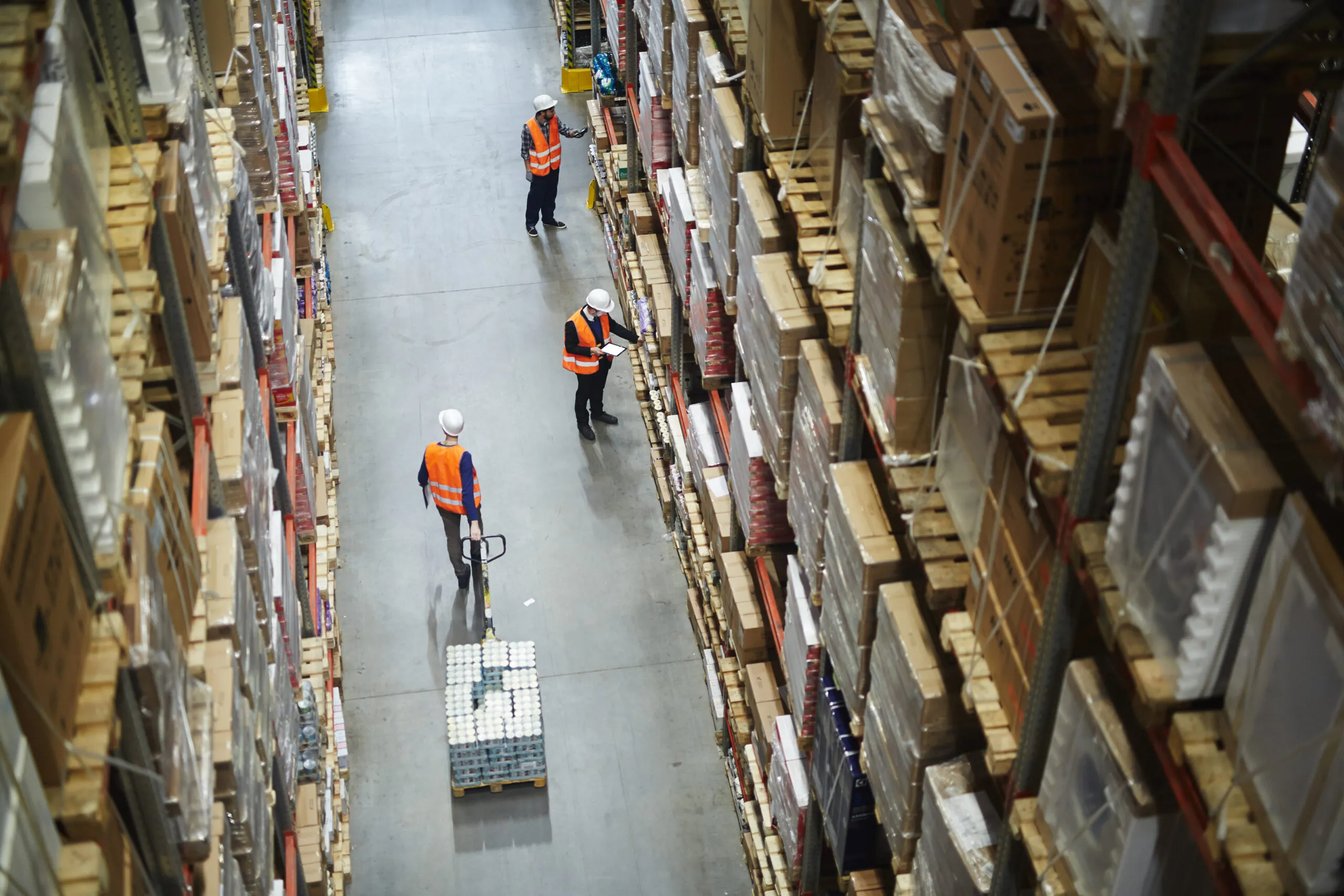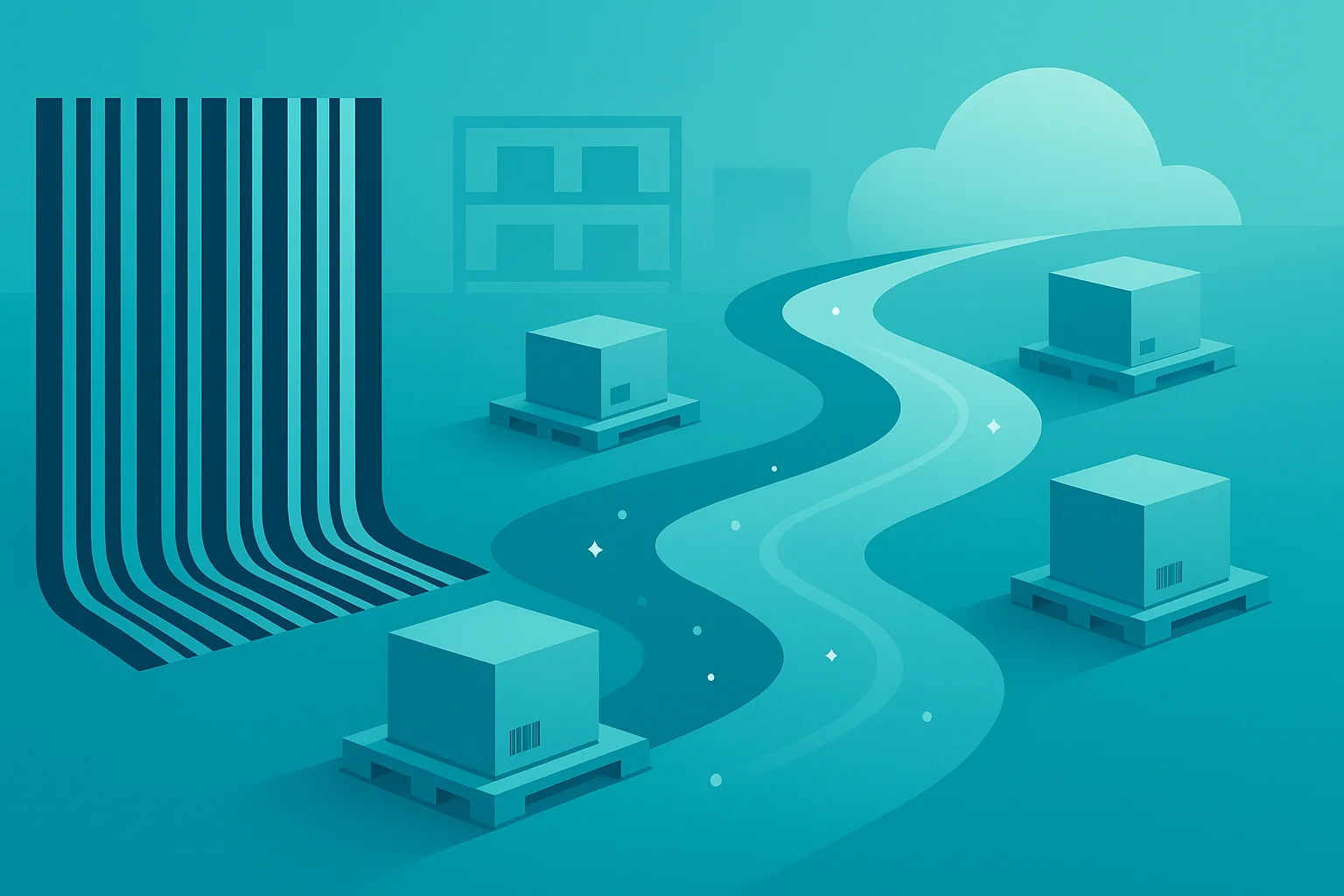
Sell it Before it Goes Bad: The Perils of Perishable Products
The Internet is beginning to offer perishable products. Customers have a lot of options in the modern market and they prefer items that are fresh or designed for use during the time period optimal to them. Online shopping provides convenience in most industries and its branching out into perishable products that were once restricted due to the special conditions needed to store and transport them.
The Wall Street Journal recently reported Amazon is looking to expand into food distribution. The company announced it will sell its own brand of products traditionally offered in grocery stores. Proposed items include diapers, soap, coffee, pasta, meat, seafood and milk.
Amazon has sold food products for a while, but this is the first time it will release its own brand of perishable goods. The Internet retailer plans to rely on local manufacturers to produce the merchandise. Amazon will then distribute the groceries and home goods with it’s Fresh Delivery Fleet.
Perishable goods present unique problems. Companies need a warehouse management software that tracks the shelf life of inventory, facilitates specific storage and transportation needs and provides traceability.
What is Perishable Inventory?
When planning a warehouse management system, a company must be aware of what products have a limited timeframe of value. Most people think of goods that expire when they hear about perishable items, especially food and beverages. Demand Media, however, said many different types of merchandise could lose value over time.
Products may be seasonal or only attract customers for a brief period. Businesses have to distribute holiday decorations, winter clothing or event-based merchandise following a certain schedule before the demand dies down. If products are not sold, employees have to store them until the season comes round again, donate them or throw them out.
Food, beverages, medicines and other perishable products have to be sold before they degrade or turn rotten. Very often, these items need special storage considerations. They may need to be kept cold or in certain kinds of containers. Warehouse and shipping vehicles need equipment to maintain these environmental conditions. Companies like Amazon will need satellite locations to provide products for customers in every region to avoid shipping perishable items great distances.
Real-Time Data Collection Solutions
There are a variety of factors to keep in mind when storing and transporting perishable inventory. The shelf life of the item must be tracked with absolute certainty, and employees need visibility of expiration dates. Managers have to design warehouse layouts with seasonal demand in mind. ZDNet said companies may use electronic monitors to measure the temperature, humidity and altitude of each storage container.
Many manufacturers, retailers and distributors use mobile data collection solutions in their inventory management strategies. Warehouse workers track perishable products with mobile devices plugged into the entire company’s infrastructure. The moment the expiration date starts counting down, the item is reported into the system. Perishable items are not forgotten because product information is on display for every software user. When picking products, workers have access to schedules and other time-sensitive details.
Companies that use satellite locations or automated sensors utilize integrated software solutions. If warehouse employees, delivery drivers and managers at each location use data collection devices, an integrated infrastructure keeps them working together. Refrigeration or atmospheric sensors can report information to the system as well.
An RFgen customer case study detailed how a seafood company, Trident Seafoods, used their ERP system integrated with mobile data collection software to coordinate remote plants, distribution centers and a fleet of trucks. Every mobile device now employed by the company reports real-time information to a centralized infrastructure. The company said the mobile solution improved inventory tracking and food traceability throughout the entire supply chain management process while eliminating inefficiencies in the previous system that resulted in lost critical data. The products are stored in freezers, shipped and delivered with complete accountability.
The Food Traceability Survival Guide
Gain practical advice to improve traceability systems and processes and help you meet the compliance challenge.







